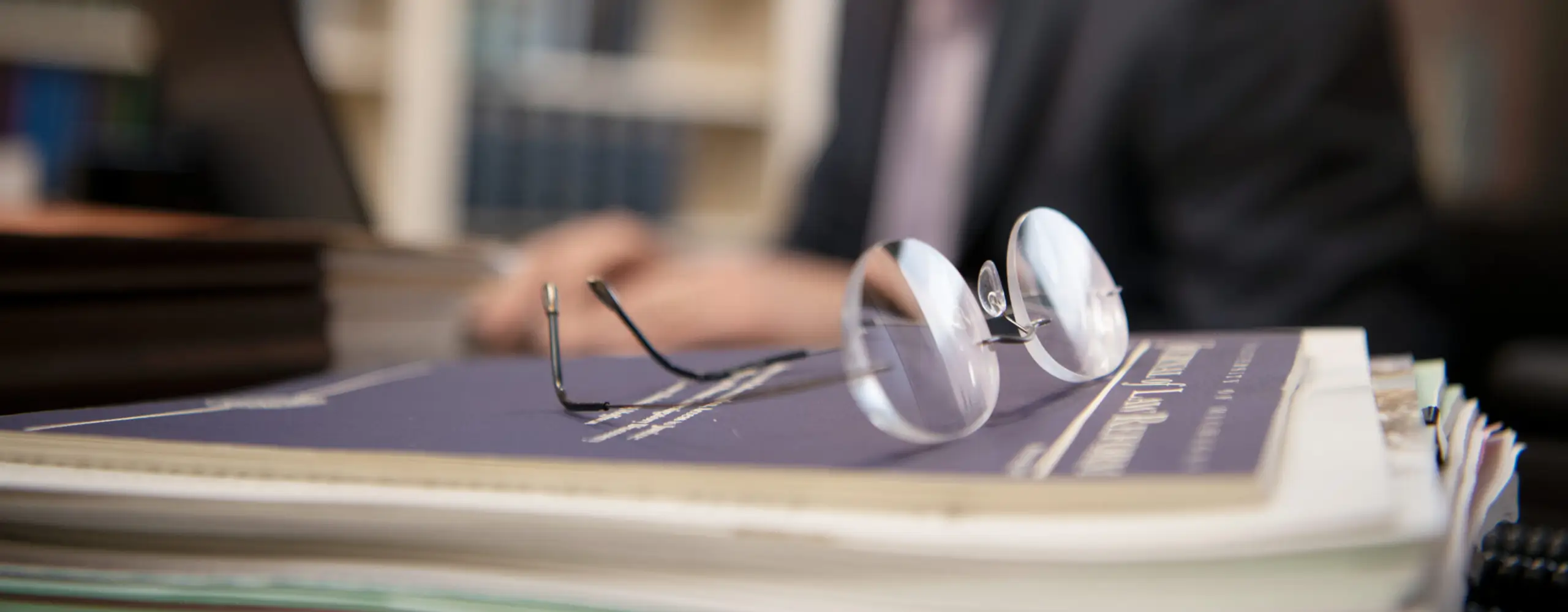From the first day of preschool through high school or college graduation, parents and children trust teachers, administrators, and mentors to educate, inspire, and encourage. Teachers are some of the most committed, hard-working, and underappreciated individuals you’ll ever find, dedicating their careers to helping students grow and become their best selves. Sometimes, however, an educator or other school employee takes advantage of their power, authority, and access to impressionable and trusting children to commit acts of sexual abuse.
Ten Percent of Students Will Experience Sexual Abuse by a School Employee
According to a 2017 study sponsored by the U.S. Department of Justice, an estimated 10 percent of kindergarten through 12th-grade students will experience sexual misconduct by a school employee by the time they graduate from high school. That amounts to hundreds of thousands of American children who must live with the trauma, confusion, shame, and other fallout from sexual abuse at school. Similar abuse can and does also occur in post-secondary education as well. Just because a college student may be over 18 does not change the power imbalance between student and professor, nor does it change the responsibility of the academic institution to keep its students safe.
The Nature of Student Sexual Abuse
Sexual abuse of students can take many forms and be committed by any school employee who works in an academic environment. What makes the problem particularly insidious and harder for parents to identify is that the same characteristics that make for successful teacher-student relationships – trust, personal attention or instruction, and open communication – can also create a potentially exploitative situation.
According to the 2017 report cited above, research into the problem of sexual abuse in schools has shown:
- Offenders often target victims who appear needy, may be picked on by others, or have an unhappy home life because it is easier to gain the friendship of these vulnerable children.
- School employees whose jobs include individual, isolated, or alone time with students, such as music teachers, coaches, and counselors, are more likely to engage in sexual misconduct.
- Close contact with students who are often eager to please their teachers allows offenders to “groom” students for eventual misconduct by giving special attention and rewards while slowly increasing the amount of touching or other sexual behaviors.
- Offenders exploit students’ need to please and take advantage of their power over grades, discipline, playing time, and other rewards coveted by students.
- School employee sexual misconduct offenders are typically popular and often have been recognized for excellence.
- Offenders include all types of school employees, such as teachers, coaches, school psychologists, principals, and superintendents.
A Lifetime of Consequences
Victims of sexual abuse by a teacher or school employee can suffer serious psychological, physical, academic, and behavioral consequences that can last a lifetime. These students are more likely to have problems with drugs, alcohol, or substance abuse and often struggle with immediate and long-term issues, including:
- Chronic headaches.
- Fatigue.
- Sleep disturbance.
- Recurrent nausea.
- Decreased appetite.
- Eating disorders.
- Sexual dysfunction.
- Suicide attempts.
- Fear.
- Anxiety.
- Depression.
- Anger.
- Hostility.
- Poor self-esteem.
- Inability to trust other people.
Accountability for Sexual Abusers, Justice for Student Victims
Almost all acts of sexual abuse by educators and other employees of educational institutions constitute criminal offenses resulting in severe consequences for the perpetrators. But victims themselves can also seek accountability and justice by pursuing civil claims for damages against their abusers as well as the educational institutions that may have negligently allowed or facilitated such misconduct.
Acts of sexual abuse by teachers often only come to light when reported by a student or discovered by a parent. Sometimes, a young victim may keep their experiences to themselves for years or decades before coming forward. That is why the law in Maine and several other states was recently changed to allow any victim of childhood sexual abuse to sue and seek compensation from their abuser, no matter how long ago the abuse occurred. Berman & Simmons Practice Group Leader Michael Bigos testified in the legislature on several bills to help survivors and was present when Maine Governor Janet Mills signed the new law to extend the statute of limitations for sexual abuse claims.
How Berman & Simmons Helps Students and Families
At Berman & Simmons, our attorneys understand the courage it takes to come forward and discuss the trauma of sexual abuse by a teacher. We know it isn’t easy to talk about and revisit these experiences and that doing so comes with its own trauma. Our lawyers specialize in working with survivors of sexual abuse and will assist you in a way that acknowledges the difficulty of discussing your experiences. Our lawyers are committed to maintaining confidentiality, respecting personal boundaries, and standing up against those who take advantage of their power and positions to sexually abuse a student entrusted to their care.
If you suffered sexual abuse by a teacher, professor, or another employee of an educational institution and are ready to speak with one of our Maine sexual abuse attorneys, please contact us to arrange a free, confidential initial consultation.
